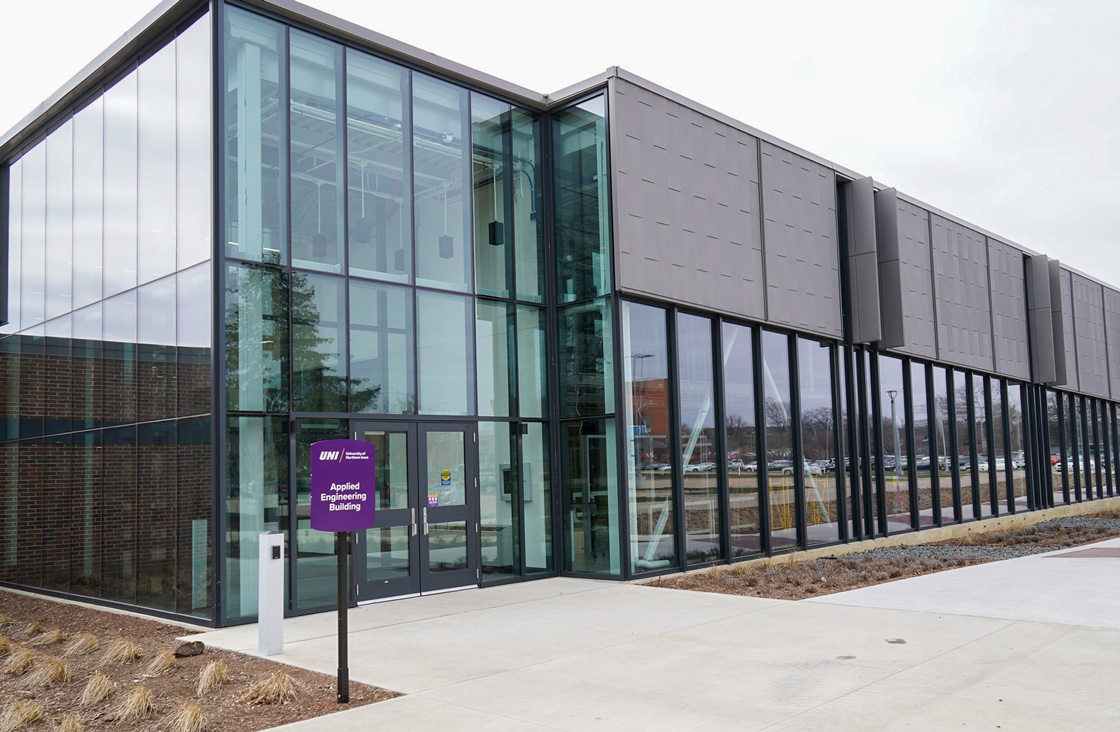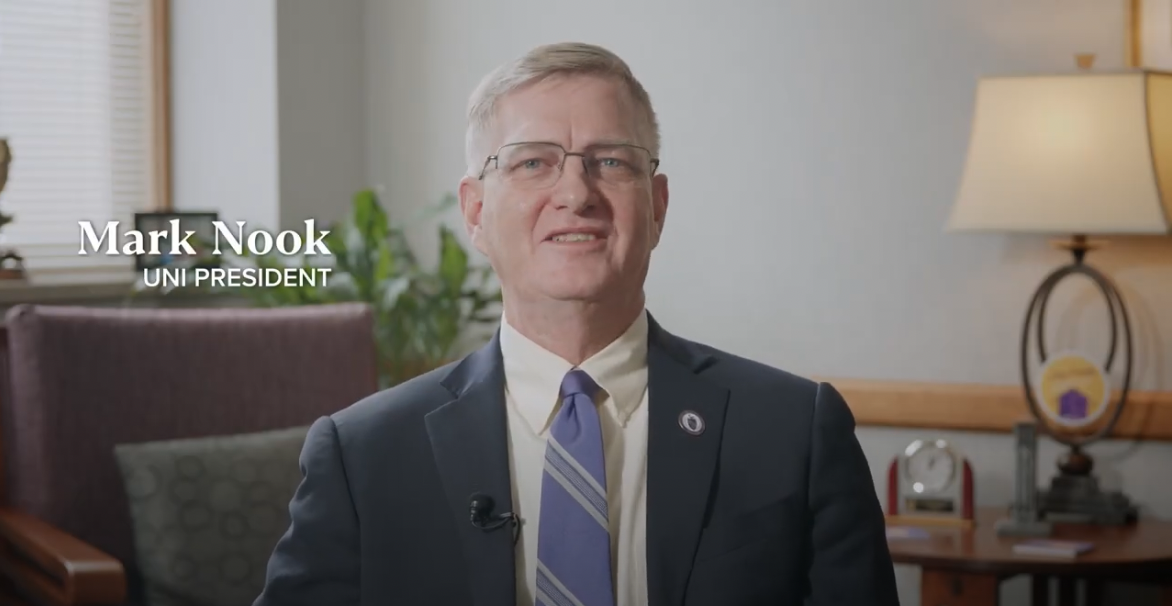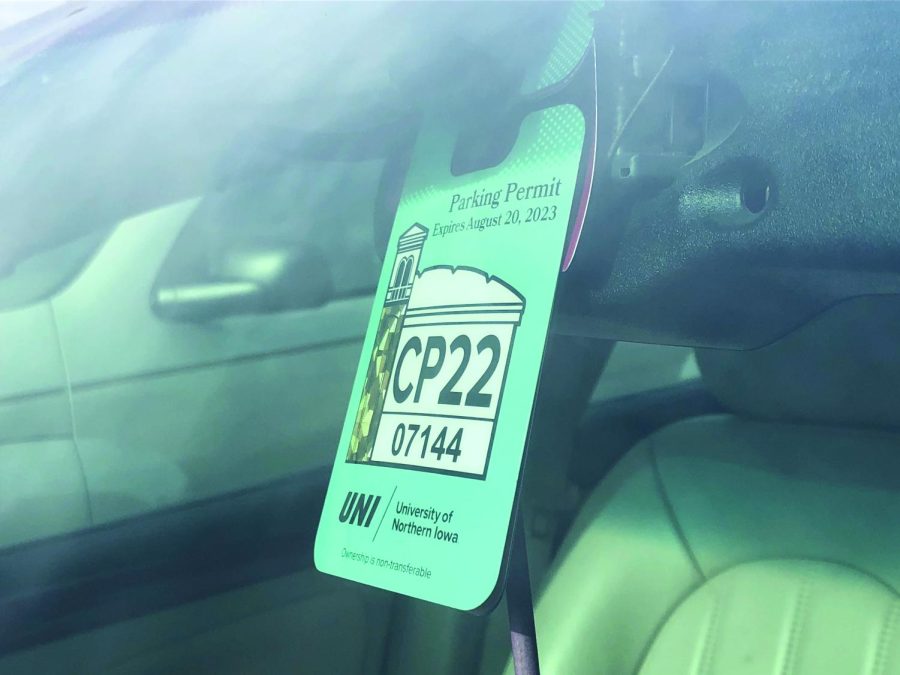2015 marks the 70-year anniversary of World War II ending, which means it’s been 70 years since the liberation of Jewish prisoners from Nazi concentration camps in Europe. In commemoration of the losses and survivals of Jewish-European individuals, the University of Northern Iowa's Center for Holocaust and Genocide Education organized and hosted their 9th Annual Holocaust Remembrance Ceremony at the Grout Museum in Waterloo.
“You know, I’ve devoted my life to remembrance and leaving behind as much as I can before I die. I figure when God thinks I have done enough, I’ll go,” said Miriam Brysk, an 80-year-old Holocaust survivor.
The event featured a memorial candle lighting, guest speakers from the community including Brysk and an exhibit of Brysk’s Holocaust-inspired artwork.
Brysk, one of the few remaining Holocaust survivors in the United States, spoke of her memories in the camps, meeting her husband, returning to the camps as an adult and her struggles when she came to America. Brysk described her experience in the American education system as a “sink or swim” situation, where she was forced to either learn English and assimilate, or give up dreams of a better life.
Brysk, an accomplished artist, also received a PhD in science.
“I’ve literally lived my dreams,” Brysk said. “It is important for every one of us to have dreams in life — to hope to reach something greater than you think you are, and to be a gift to mankind. And when you have things in life, you know, obstacles that come your way, that is to test you to see ‘are you really serious about doing this or not?’”
The chance to listen to a Holocaust survivor speak is one that many people don’t have. Stephen Gaies, professor of languages and literature and director of the CHGE, commented on the unique opportunity of hearing a survivor speak.
“Even though we’ve been making a real effort over the last several years to bring Holocaust survivors to campus and to the community, we aren’t going to be able to do that forever,” Gaies said.
One of the first community speakers, Erin Maidan, is a member of Sons of Jacob Synagogue. Maidan spoke of her family’s experience and how they were directly affected by the genocidal events during World War II. Fortunately, Maidan’s grandparents lived to tell their stories, which inspired her discussion on different aspects of liberation.
“It wasn’t until the liberation that people found out who they lost,” Maidan said about the common misconception that upon liberation everything was automatically better.
There were many in attendance on Tuesday night’s ceremonial event. UNI students, faculty and members of the community were there to further the awareness of the Holocaust and listen to personal accounts of affected lives.
“[It’s] important because they say a lot about who we can be. And I mean that in a sense of the terrible suffering we can cause to our fellow humans but also the tremendous capacity we have to reach out a hand to people that are oppressed,” Gaies said on the importance of the Holocaust and genocide education.
The exhibit on the rise of Nazi power and medical experimentation will be featured in Grout Museum until June 6.







